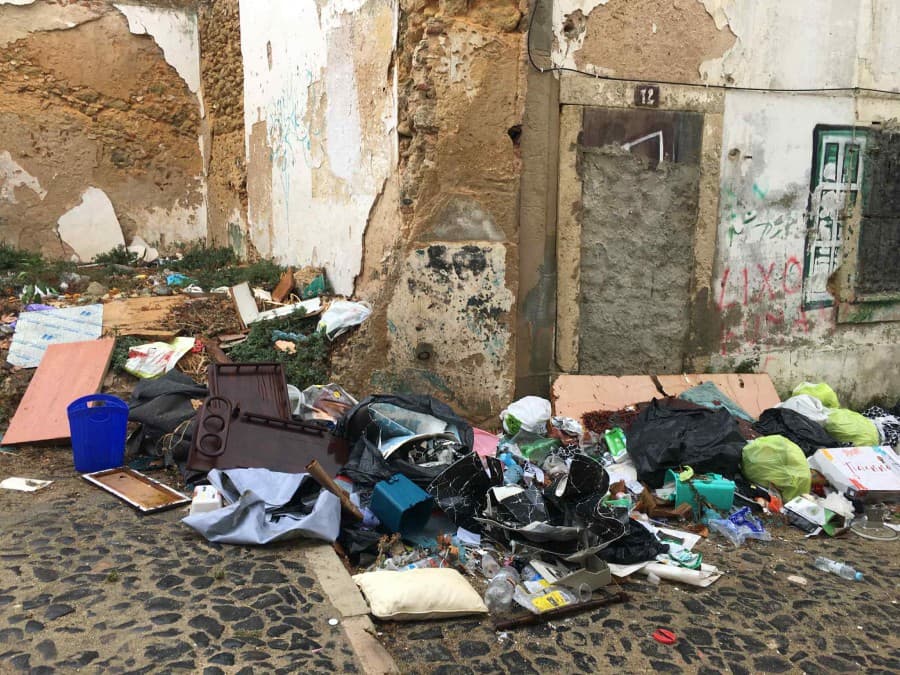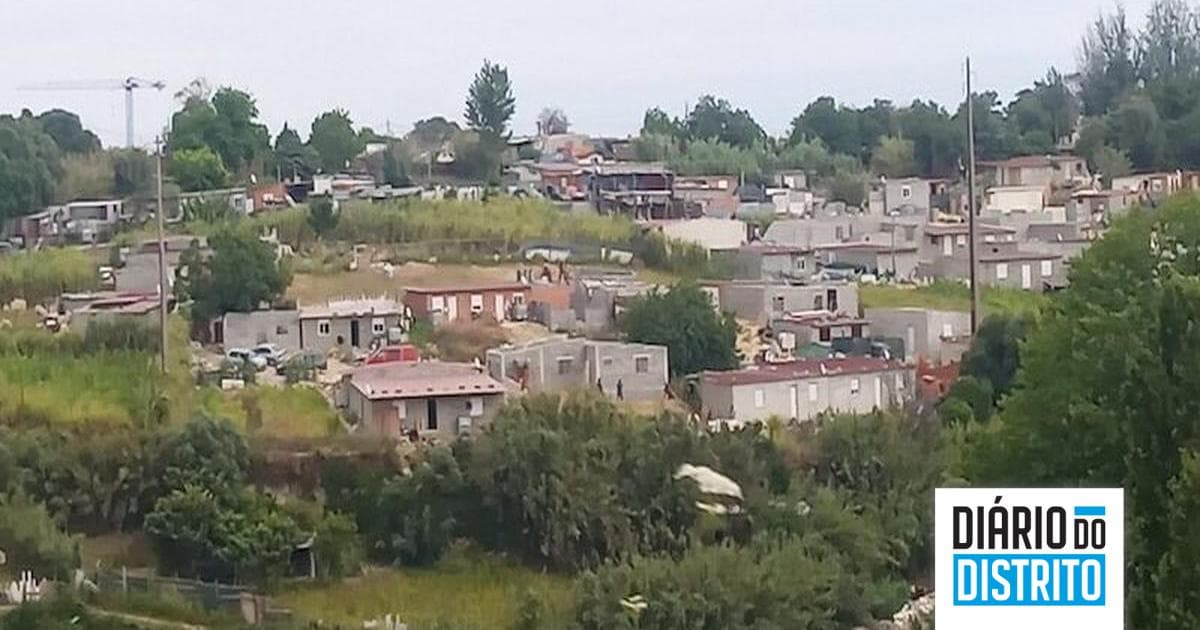Illegal Shantytown Construction Surges in Almada Amidst Housing Crisis
A municipal announcement from the Almada city council is expected following reports of an uncontrolled increase in precarious housing within the municipality. The development highlights a growing social crisis on the doorstep of Lisbon, where rising rental costs are displacing families and leading to the expansion of illegal shantytowns in neighborhoods like Penajóia and Raposo.
The specific details of this neighborhood development involve the construction of informal dwellings, or `barracas`, by families who were previously residents of Lisbon and Sintra. Priced out of the formal rental market, these individuals and families have resorted to building makeshift homes on unregulated land. The report indicates that this is not a new phenomenon but one that has accelerated dramatically, becoming “out of control.”
There is no formal timeline for the construction of these settlements, as they grow organically based on need and desperation. However, the report notes that many families have been living in these conditions for several years, with little prospect of securing adequate housing. The implementation of any municipal response will be a complex, long-term process involving social services, urban planning, and housing authorities.
The impact on local residents and property owners is significant. For the inhabitants of the `barracas`, it means living in substandard conditions without access to basic utilities or security of tenure. For the surrounding formal neighborhoods, the growth of these settlements can lead to social tensions and place a strain on local infrastructure and public services.
The infrastructure in these informal neighborhoods is largely non-existent. The dwellings are often self-built with found materials and lack connections to the electrical grid, running water, and sewage systems. This poses significant public health and safety risks to the residents and the wider community.
Funding sources for any potential intervention are a major challenge for the Almada municipality. Addressing the issue would require a massive investment in social housing, infrastructure development, and social support programs. Such funds would likely need to be sourced from a combination of municipal, national, and potentially European Union budgets allocated for social cohesion and poverty reduction.
Need Expert Guidance?
Get personalized insights from verified real estate professionals, lawyers, architects, and more.
The community consultation process in such a context is fraught with difficulty. Engaging with residents of illegal settlements requires a sensitive approach from social workers and municipal officials. The report mentions the cases of specific residents, suggesting that journalistic and non-governmental organizations are already documenting the human side of the crisis, which could serve as a basis for future dialogue.
An environmental impact assessment of these settlements would likely reveal significant challenges, including improper waste disposal and land degradation. Any mitigation measures would need to be part of a broader urban regeneration and re-housing strategy that provides residents with safe and environmentally sound living alternatives.
The growth of these settlements has a clear impact on local businesses and commercial opportunities, though often in a negative sense. The informal nature of the economy in these areas and the lack of purchasing power can create a challenging environment. However, any future regeneration project could bring formal economic activity and opportunities to the area.
Transportation and accessibility are also major issues. These settlements are often located on the periphery of urban centers, with poor connections to public transport, limiting residents’ access to jobs, schools, and healthcare. Improving these connections would be a critical component of any integration plan.
The long-term vision for these neighborhoods remains uncertain. The report portrays a situation of governmental neglect, where the state’s “shock policy” for housing has not translated into solutions for the most vulnerable. A sustainable long-term vision would require a decisive shift towards the construction of public and affordable housing on a massive scale.
Discover emerging areas and local opportunities at realestate-lisbon.com.





